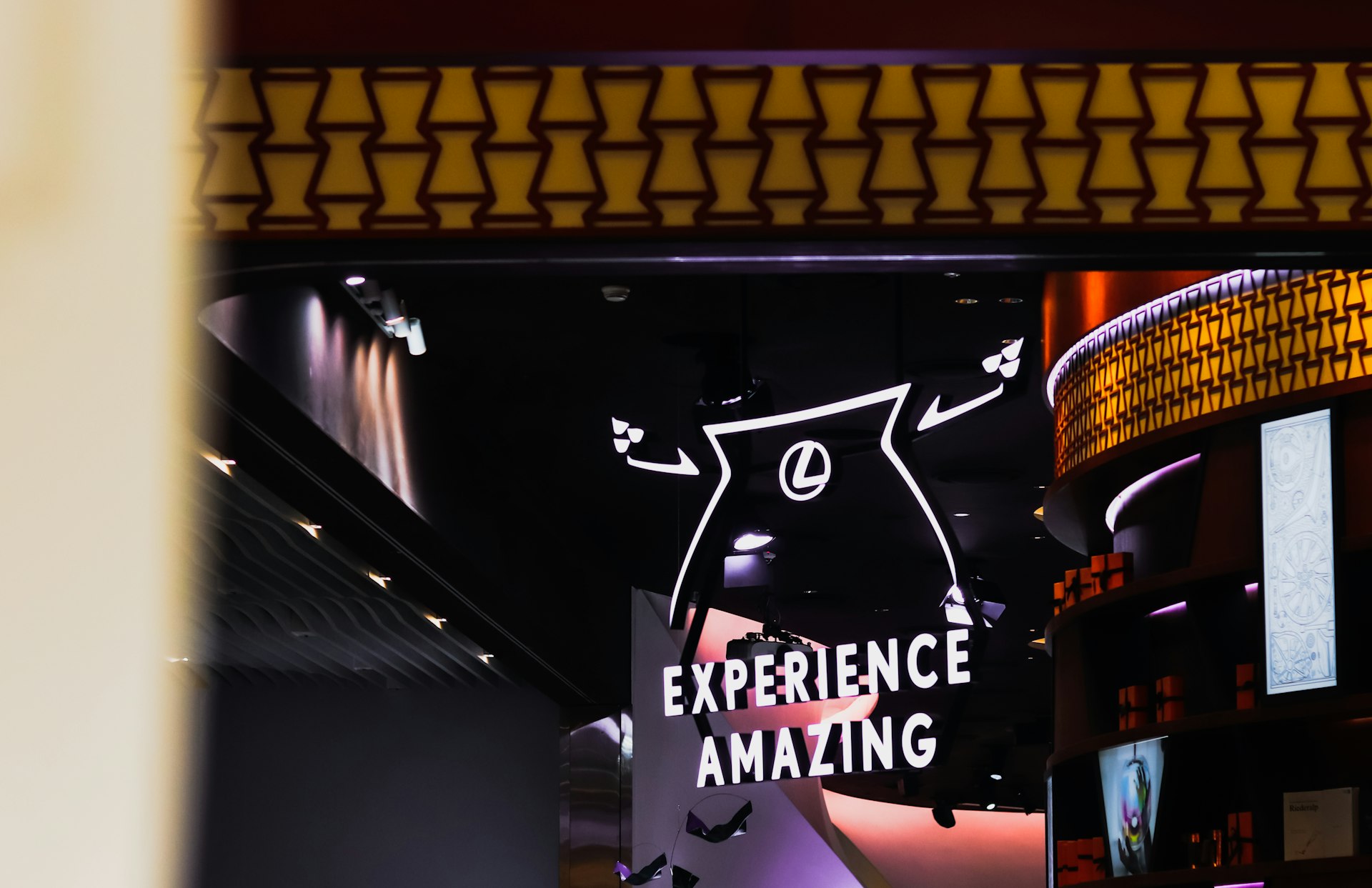Harnessing the Future: Emerging Trends in Social Audio Marketing for 2025

Photo by Olena Bohovyk on Unsplash
Introduction: The New Era of Social Audio Marketing
Social audio marketing is rapidly transforming the way brands connect with audiences. As audio consumption soars across streaming platforms, podcasts, and emerging audio-first apps, marketers are rethinking their strategies to reach consumers in more personal and immersive ways. This article explores the most significant emerging trends in social audio marketing for 2025, providing actionable guidance, verified insights, and real-world examples for brands aiming to lead in this dynamic space.
1. Streaming Audio Growth and Programmatic Advertising
The digital audio sector continues to expand in 2025, with platforms like Spotify and Apple Music driving unprecedented engagement. Digital audio ad spending in the U.S. is projected to surpass $7.5 billion, a clear indicator of the medium’s rising influence. Programmatic audio advertising-where ads are bought and placed using automated platforms-offers marketers precise audience targeting, greater campaign flexibility, and better frequency control across multiple channels. This approach enables brands to deliver tailored messages based on demographics, interests, and even listening history, maximizing both reach and relevance. [1]
For example, a fitness apparel company can target health-conscious listeners with motivational audio spots during workout playlists, while a local restaurant might focus ads on lunchtime podcast listeners in its delivery area. The measurability of streaming audio ads further empowers marketers to optimize campaigns in real time, using data analytics to improve performance and ROI. [1]
Implementation Guidance: To leverage programmatic audio, brands can partner with established digital audio ad platforms or work with agencies specializing in audio campaign management. It’s important to start with clearly defined audience segments and campaign goals, then use platform analytics to track engagement and conversions. For step-by-step onboarding, search for “programmatic audio advertising platforms” or consult with your digital marketing agency about integrating audio into your omnichannel strategy.
2. Audio Content Diversification: Beyond Podcasts
While podcasts remain a multi-billion-dollar industry, 2025 is seeing audio content extend far beyond traditional formats. Marketers are now experimenting with audio-based articles, AI-generated voiceovers, branded audio snippets, and immersive sound experiences. These formats cater to multitasking audiences who prefer passive content consumption, offering new ways to deliver branded storytelling and value. [2]
For instance, brands are supplementing blog posts and newsletters with audio summaries, enabling users to listen on the go. AI-driven voice technology allows for quick generation of personalized audio messages, making it easier for even small businesses to create audio content at scale. [2]
Implementation Guidance: To adopt these strategies, brands should explore AI voice generation tools or collaborate with audio production agencies. For brands seeking royalty-free music or sound effects, reputable providers like Epidemic Sound offer extensive libraries for commercial use. [2] Consider adding audio versions of key content assets and testing engagement through analytics platforms built into your website or email service provider.
3. Social Listening and Performance Measurement
One of the most powerful trends shaping social audio marketing is the integration of social listening into performance measurement. Social listening involves tracking conversations, mentions, and sentiment across platforms to gain real-time insights into audience preferences, pain points, and emerging topics. [3]
According to Hootsuite’s 2025 trends report, organizations that prioritize social listening are seeing increased confidence in their ability to prove ROI from social media and audio marketing campaigns. These insights allow brands to fine-tune messaging, preempt crises, and even identify sales opportunities. [3]
Implementation Guidance: Brands can get started with social listening by using established platforms such as Hootsuite, Sprout Social, or Brandwatch. Begin by monitoring key industry terms, competitor activity, and brand mentions. Use these insights to inform your audio content strategy, identify trending topics for podcasts or live audio sessions, and measure sentiment before and after campaigns. For step-by-step setup, search for “how to set up social listening on [platform name].”
4. AI Integration: Personalized, Interactive Audio Experiences
Artificial intelligence (AI) is revolutionizing social audio marketing by enabling personalized, interactive experiences at scale. AI tools now power everything from content creation (voice cloning, real-time language translation) to audience engagement (chatbots, virtual assistants, and dynamic ad insertion). [4]
For example, a brand can deploy an AI assistant within a live audio room to answer audience questions, recommend products, or collect feedback in real time. AI-driven personalization ensures listeners receive relevant content, increasing engagement and brand loyalty.
Implementation Guidance: To explore AI-powered audio experiences, brands can research leading AI audio platforms or consult with technology partners specializing in conversational AI. When evaluating providers, focus on solutions that integrate seamlessly with your existing marketing stack and offer robust privacy controls. For public sector or regulated industries, consult your compliance or IT team before deploying AI-driven marketing tools.
5. Bridging Social Audio with Social Commerce and Short-Form Video
Social audio is increasingly intertwined with social commerce and short-form video. Platforms like TikTok, Instagram, and Facebook now blend audio, video, and e-commerce features, allowing users to discover products through audio content and make purchases without leaving the app. [5]
Short-form videos with compelling audio tracks drive viral engagement and encourage impulse buying. Brands are integrating shoppable links into audio content, enabling listeners to transition seamlessly from inspiration to action. For example, a beauty brand might embed audio testimonials in Instagram Stories with direct shopping tags, streamlining the customer journey. [5]

Photo by BandLab on Unsplash
Implementation Guidance: To capitalize on this trend, brands should ensure their social profiles are optimized for commerce and experiment with audio-augmented video content. For detailed instructions on setting up social commerce features, visit the help sections of platforms like Instagram or TikTok, or search for “how to enable Instagram Shopping” or “TikTok Shop setup.”
6. Overcoming Challenges: Quality, Measurement, and Accessibility
Despite its promise, social audio marketing presents challenges. Audio quality is critical; poorly produced content can damage brand reputation. Brands must also ensure accessibility, providing transcripts and captions for audio content to reach all users and comply with regulations. [2]
Measuring the true impact of audio campaigns requires integrating analytics across platforms and aligning metrics with business objectives. While downloads and listens are useful, deeper metrics-such as engagement duration, conversion rates, and sentiment-offer more actionable insights.
Solutions and Alternatives: Invest in professional audio production, use automated transcription services, and routinely test content with real users. For brands with limited resources, many audio platforms offer built-in analytics, and affordable tools exist for audio editing and accessibility compliance.
Key Takeaways and Next Steps
Social audio marketing is no longer a niche tactic-it’s an essential part of a modern digital strategy. By embracing programmatic advertising, diversifying audio content, leveraging social listening, integrating AI, and connecting audio with commerce and video, brands can drive measurable engagement and ROI.
To get started, assess your audience’s audio consumption habits, pilot small campaigns using programmatic platforms, and track performance through social listening and analytics tools. Stay agile, experiment with new formats, and prioritize quality and accessibility to ensure long-term success in the audio-first marketing landscape.
References
- [1] Scale Marketing (2025). 2025 Media Trends: Thriving in a Dynamic Audio Space.
- [2] Epidemic Sound (2025). 9 Content Marketing Trends Shaping 2025.
- [3] Hootsuite (2025). Social Media Trends 2025.
- [4] Social Media Today (2025). Five Key Trends Shaping Social Media Marketing in 2025.
- [5] Network Solutions (2025). Social Media Marketing Trends of 2025: 8 Top Strategies.
MORE FROM todayhiring.us













